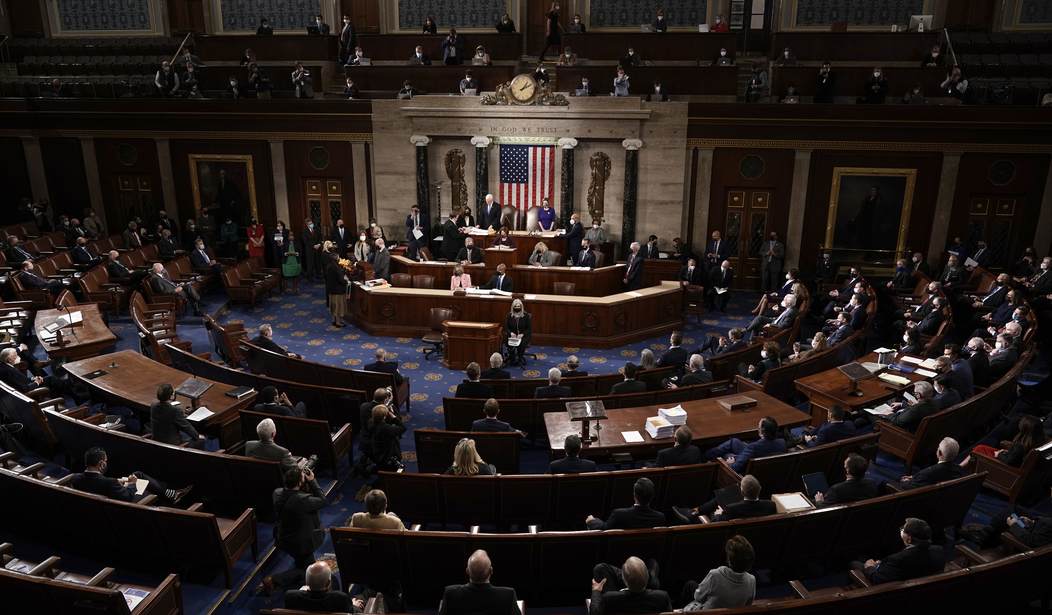On the off chance that Congress manages to make a mockery of the Constitution and justice and impeaches and convicts Donald Trump, the serious question of whether the Constitution allows a former president to be tried by the Senate remains.
The issue has been debated since 1799. Then, William Blount, a senator from Tennessee, had been impeached by the House for participating in a plot that would have handed some U.S. territory back to Great Britain. Before the articles of impeachment could be acted upon, the Senate expelled Blount. They eventually decided not to try him since he had already left office.
The question arose: How can you impeach a “civil officer of the United States” when he’s no longer a civil officer? The impeachment clause in the Constitution is cleverly vague: “Article II, Section 4 reads that “the President, Vice President and all Civil Officers of the United States, shall be removed from Office on Impeachment for, and Conviction of, Treason, Bribery, or other high Crimes and Misdemeanors.”
The question still hasn’t been resolved.
It is an open question as to whether a former president can face a Senate impeachment trial. In a recent post on the legal blog Just Security, UNC Law professor Michael J. Gerhardt points out one argument against the trial of a former president — that Donald J. Trump would become a private citizen after leaving office and the Constitution only applies to civil officers. Gerhardt also acknowledges the counterpoint: “The problem with this argument, however, is that presidents and the other officials who are subject to impeachment are not like the rest of us. Once they leave office and return to their private lives, they are still ex-presidents and former officials who may have committed impeachable offenses in office,” Gerhardt writes, and “litigation or prosecutions might not be able to get at the misconduct, since the scope of impeachable offenses extends to misconduct that is not an actual crime.”
In December 2019, the Washington Post interviewed six scholars about that very question. Three believed it was a possible but unsettled question that a former president could face a Senate trial; two others said the Senate lacked such powers; and one scholar believed the Senate could try a former president.
None of this matters to the Democrats. They will get their pound of flesh even if they have to rip the Constitution to shreds and abandon any notion of justice and a fair trial.
There’s another precedent that might apply in this case. President Grant’s secretary of war, William Belknap, was caught up in a scandal involving kickbacks. He resigned moments before the House voted to impeach him. At Belknap’s trial, the Senate passed a motion in a 37-to-29 vote that “William W. Belknap, the respondent, is amenable to trial by impeachment for acts done as Secretary of War, notwithstanding his resignation of said office before he was impeached.”
Belknap was eventually acquitted by the Senate but many scholars believe that he never should have been tried in the first place.
Democrats will make the argument that an example must be made of Trump as a warning to future presidents. That’s chilling. You can’t use the law to make a political point, which is essentially what Democrats are trying to do. Democrats are not only trying to destroy Trump, but they’re also trying to cripple the Republican Party. A Senate trial will be unnecessary and a waste of time. But it will be a useful political club to wield against the opposition come election time.










Join the conversation as a VIP Member